5 Greatest Health-Care Stocks of All Time
Health-care stocks have always benefited from the powerful demographic forces of steady population growth and longer life expectancy.


Profit and prosper with the best of Kiplinger's advice on investing, taxes, retirement, personal finance and much more. Delivered daily. Enter your email in the box and click Sign Me Up.
You are now subscribed
Your newsletter sign-up was successful
Want to add more newsletters?

Delivered daily
Kiplinger Today
Profit and prosper with the best of Kiplinger's advice on investing, taxes, retirement, personal finance and much more delivered daily. Smart money moves start here.

Sent five days a week
Kiplinger A Step Ahead
Get practical help to make better financial decisions in your everyday life, from spending to savings on top deals.

Delivered daily
Kiplinger Closing Bell
Get today's biggest financial and investing headlines delivered to your inbox every day the U.S. stock market is open.

Sent twice a week
Kiplinger Adviser Intel
Financial pros across the country share best practices and fresh tactics to preserve and grow your wealth.

Delivered weekly
Kiplinger Tax Tips
Trim your federal and state tax bills with practical tax-planning and tax-cutting strategies.

Sent twice a week
Kiplinger Retirement Tips
Your twice-a-week guide to planning and enjoying a financially secure and richly rewarding retirement

Sent bimonthly.
Kiplinger Adviser Angle
Insights for advisers, wealth managers and other financial professionals.

Sent twice a week
Kiplinger Investing Weekly
Your twice-a-week roundup of promising stocks, funds, companies and industries you should consider, ones you should avoid, and why.

Sent weekly for six weeks
Kiplinger Invest for Retirement
Your step-by-step six-part series on how to invest for retirement, from devising a successful strategy to exactly which investments to choose.
Health-care stocks have always benefited from the powerful demographic forces of steady population growth and longer life expectancy. Indeed, the population of the U.S. has more than tripled over the past 100 years. And the average American can expect to live to the age of 79, up from 51 a century ago. Those trends have given the health-care sector a steady influx of new customers for decades. At the same time, technological breakthroughs let health-care companies develop everything from better drugs to more effective medical devices.
The bottom line is that the relentless growth and aging of the U.S. population has helped a number of health-care stocks deliver some of the best returns in the stock market. This came to light when Hendrik Bessembinder of Arizona State University's W. P. Carey School of Business analyzed the lifetime returns of 25,782 common stocks over a 90-year span. The finance professor found that 96% of all stocks collectively performed no better than risk-free 1-month Treasury bills. The remaining 4% – just 1,000 stocks – generated all of the nearly $32 trillion in wealth created by the stock market between July 1926 and December 2015. Even more striking, the top 30 stocks accounted for one-third of that amount. Five of the 30 top-performing stocks can be found in the health-care sector. You're sure to recognize these names, which are among the titans of the health and drug industry.
Stocks are listed in order of the dollar amount of lifetime wealth creation, which includes reinvested dividends, from lowest to highest. Current stock data as of August 29, 2017. Analysts’ ratings provided by Zacks. For more details on Bessembinder’s study methodology and findings, download a copy of his paper, "Do Stocks Outperform Treasury Bills?"
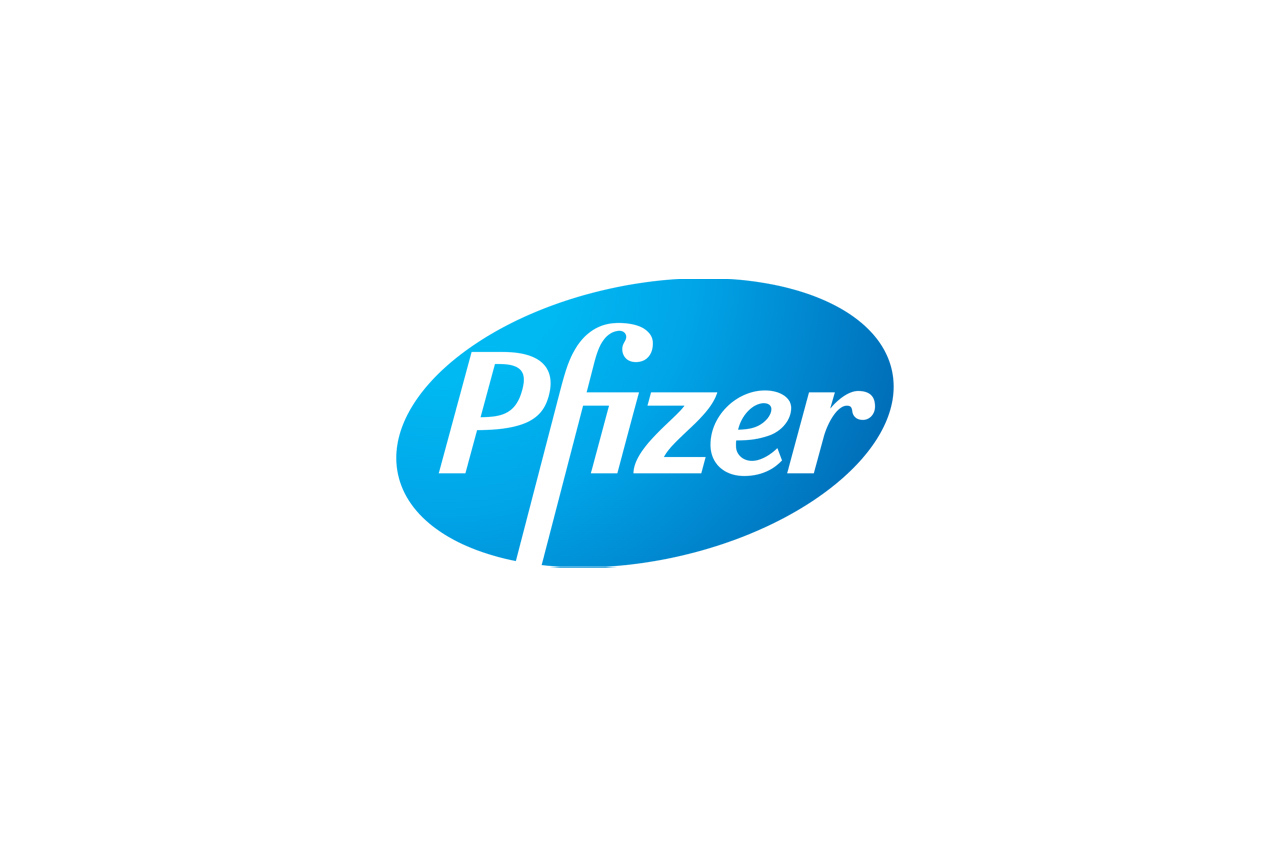
Pfizer
- Ticker symbol: PFE
- Lifetime wealth creation: $171.6 billion
- Lifetime cumulative return: 2,588,650%
- Current share price: $33.50
- Current dividend yield: 3.8%
- Current analyst ratings: 7 strong buy, 0 buy, 7 hold, 0 sell, 1 strong sell
It should come as no surprise that many of the top-performing stocks since 1926 are components of the Dow, which dates back to 1896. The popular benchmark is made up of 30 of the bluest blue-chip stocks available to investors, and components change infrequently. Pfizer, founded in 1849 and public since 1942, had to wait until 2004 before it was finally added to the industrial average. The pharmaceutical giant earned the honor in large part thanks to its history of developing blockbuster drugs. Among the best known are Lipitor (for cholesterol) and Viagra (for erectile dysfunction). Pfizer also owes its growth to its many successful acquisitions. Since 2000, it has purchased Warner-Lambert, Pharmacia and Wyeth. Despite the stock’s remarkable lifetime performance, it's been ordinary in recent years. Including dividends, returns come to 107% over the past 10 years. The broader Standard & Poor’s 500-stock index is up 110% over the same span, including dividends. Over the last 52 weeks, the stock is down nearly 4% on a price basis.
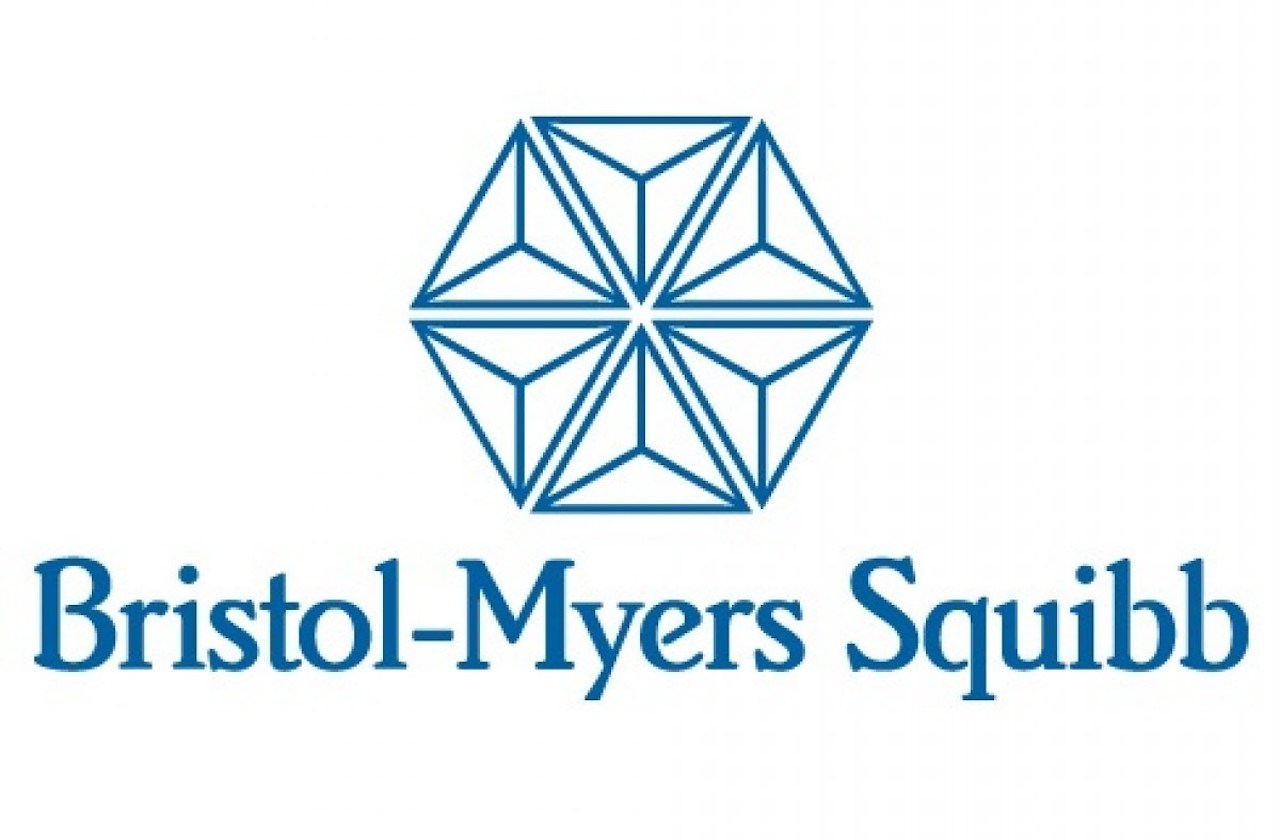
Bristol-Myers Squibb
- Ticker symbol: BMY
- Lifetime wealth creation: $177.2 billion
- Lifetime cumulative return: 3,484,840%
- Current share price: $58.86
- Current dividend yield: 2.7%
- Current analyst ratings: 5 strong buy, 1 buy, 5 hold, 0 sell, 1 strong sell
Add another pharmaceutical maker to the list of the greatest creators of stock market wealth for investors over the 90-year span. The modern-day Bristol-Myers Squibb resulted from the 1989 merger of Bristol-Myers and Squibb, but even before joining forces the two separate companies boasted distinguished business lineages that stretch back into the 19th century. A long track record of successful acquisitions has kept the pipeline primed with big-name drugs over the years. Among the better-known names today are Coumadin, a blood thinner, and Glucophage, for Type 2 diabetes. Despite a phenomenal lifetime return for the stock through 2015, shares cratered a year ago after one of the company’s key cancer drugs failed a clinical study. Bristol-Myers Squibb stock is still in recovery mode. Excluding dividends, it's up 2.8% over the last 52 weeks. The S&P 500 has gained 12% over the same time frame, dividends not included.
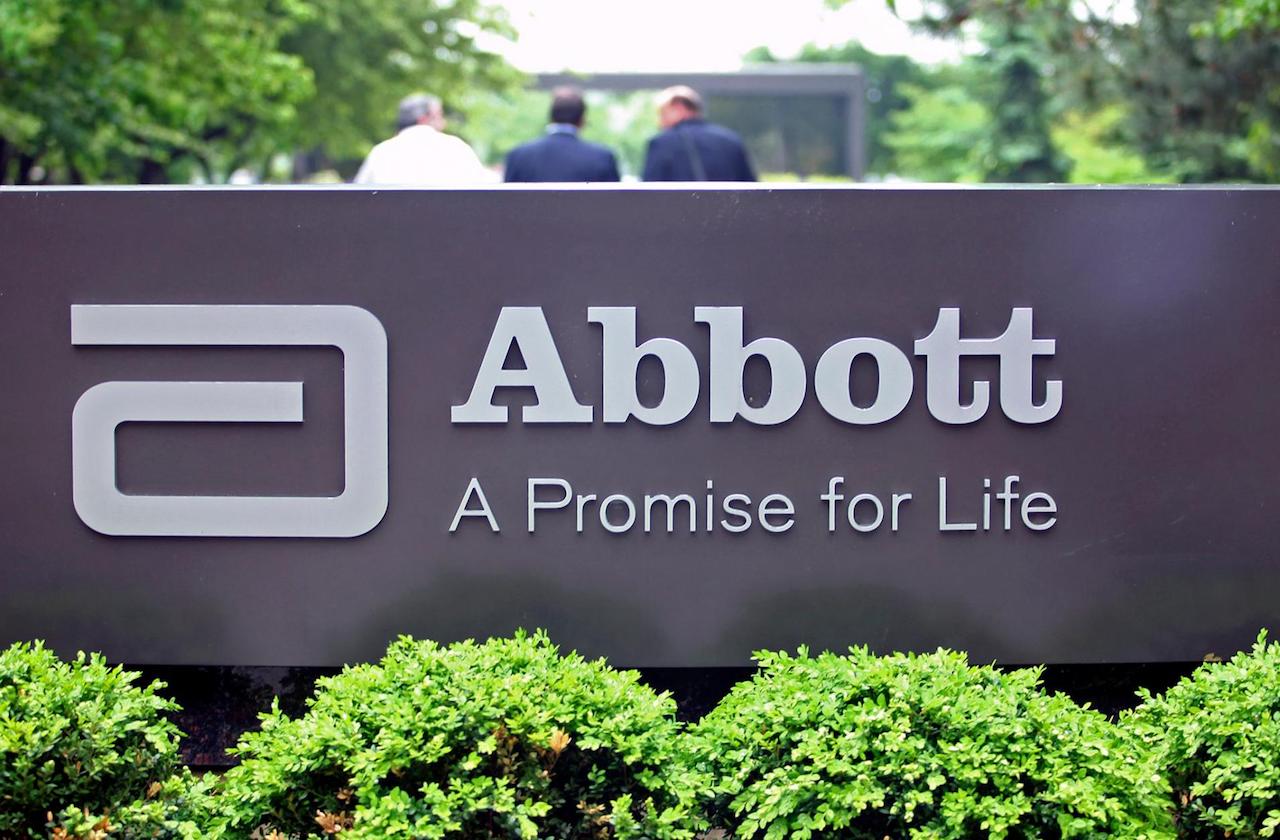
Abbott Laboratories
- Ticker symbol: ABT
- Lifetime wealth creation: $189.6 billion
- Lifetime cumulative return: 2,820,670%
- Current share price: $50.15
- Current dividend yield: 2.1%
- Current analyst ratings: 11 strong buy, 2 buy, 5 hold, 0 sell, 0 strong sell
Joining Pfizer and Bristol-Myers Squibb on this distinguished list of top-performing stocks is fellow health-care giant Abbott Laboratories. The company has a long and eventful history that dates to its founding in 1888. Abbott first paid a dividend in 1924, and it has raised its payout annual for the last 46 years in a row. The company went public in 1929 on the eve of the Great Depression. Its many decades as a dividend-paying public company have certainly attributed to the extraordinary lifetime returns of its stock. A new era began for Abbott in 2013, when it spun off AbbVie as a standalone maker of branded drugs and therapies. Abbott now focuses on generic drugs, medical devices, nutrition and diagnostic products. Since the spinoff, however, Abbott’s share-price performance has trailed that of both AbbVie and the broader S&P 500 index.

Merck
- Ticker symbol: MRK
- Lifetime wealth creation: $265.7 billion
- Lifetime cumulative return: 791,780%
- Current share price: $63.12
- Current dividend yield: 3%
- Current analyst ratings: 6 strong buy, 1 buy, 3 hold, 1 sell, 0 strong sell
Merck is the top-performing drug maker on this list with lifetime wealth creation between 1926 and 2015 totaling more than a quarter-trillion dollars. This shouldn’t come as a surprise considering Merck’s corporate pedigree. The company was established in 1891, and the stock has been a component of the Dow since 1979. The Merck family’s involvement in the pharmaceutical business dates back to 17th century Germany. The 21st century has been less kind, however. The stock price, adjusted for splits and dividends, remains well below its 2000 peak near $95 a share. In the past 17 years, Merck has experience plenty of ups and downs, from the Vioxx recall in 2004 to its megamerger with Schering-Plough in 2009. With nearly $40 billion in annual sales, Merck remains a formidable player in the global drug business. Whether the stock can regain its former glory remains to be seen.
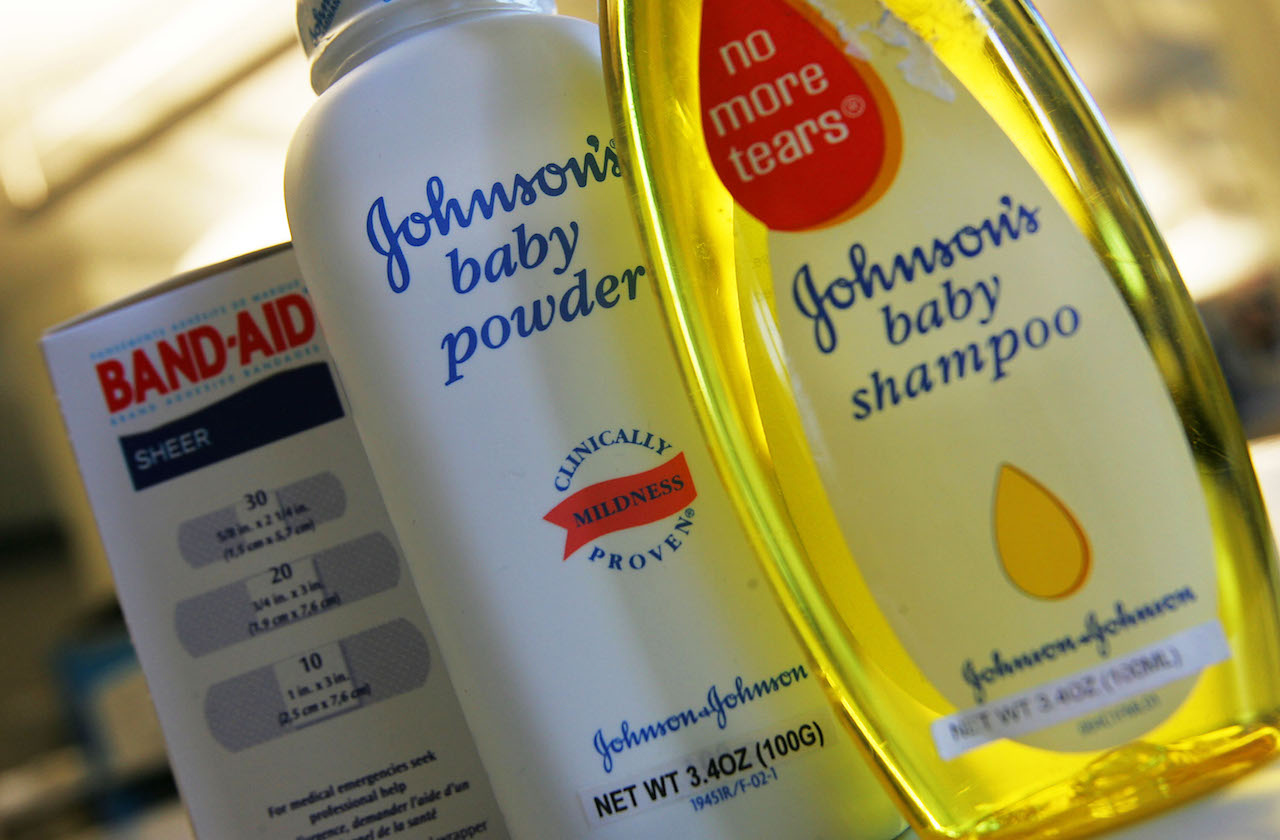
Johnson & Johnson
- Ticker symbol: JNJ
- Lifetime wealth creation: $383.7 billion
- Lifetime cumulative return: 2,930,670%
- Current share price: $132.21
- Current dividend yield: 2.6%
- Current analyst ratings: 5 strong buy, 1 buy, 7 hold, 0 sell, 2 strong sell
Johnson & Johnson operates in several different areas of health care including pharmaceutical products and medical devices. The company is best known, however, for its over-the-counter consumer brands including Listerine mouthwash and Tylenol pain reliever. J&J has been at the health-care game for a very long time. Founded in 1886 by three brothers, the company created the first commercial first aid kits and it was the first to mass-produce dental floss – all before 1900. Its iconic Band-Aid bandages hit the market in 1921. Somewhat surprisingly, J&J wasn’t added to the Dow until 1997, even though shares had been publicly traded since 1944. The ever-rising dividend, along with the popularity of its products, eventually made the stock too conspicuous to ignore. J&J has increased the amount of its annual payout to shareholders every year since 1963.
Profit and prosper with the best of Kiplinger's advice on investing, taxes, retirement, personal finance and much more. Delivered daily. Enter your email in the box and click Sign Me Up.

Dan Burrows is Kiplinger's senior investing writer, having joined the publication full time in 2016.
A long-time financial journalist, Dan is a veteran of MarketWatch, CBS MoneyWatch, SmartMoney, InvestorPlace, DailyFinance and other tier 1 national publications. He has written for The Wall Street Journal, Bloomberg and Consumer Reports and his stories have appeared in the New York Daily News, the San Jose Mercury News and Investor's Business Daily, among many other outlets. As a senior writer at AOL's DailyFinance, Dan reported market news from the floor of the New York Stock Exchange.
Once upon a time – before his days as a financial reporter and assistant financial editor at legendary fashion trade paper Women's Wear Daily – Dan worked for Spy magazine, scribbled away at Time Inc. and contributed to Maxim magazine back when lad mags were a thing. He's also written for Esquire magazine's Dubious Achievements Awards.
In his current role at Kiplinger, Dan writes about markets and macroeconomics.
Dan holds a bachelor's degree from Oberlin College and a master's degree from Columbia University.
Disclosure: Dan does not trade individual stocks or securities. He is eternally long the U.S equity market, primarily through tax-advantaged accounts.
-
 Ask the Tax Editor: Federal Income Tax Deductions
Ask the Tax Editor: Federal Income Tax DeductionsAsk the Editor In this week's Ask the Editor Q&A, Joy Taylor answers questions on federal income tax deductions
-
 States With No-Fault Car Insurance Laws (and How No-Fault Car Insurance Works)
States With No-Fault Car Insurance Laws (and How No-Fault Car Insurance Works)A breakdown of the confusing rules around no-fault car insurance in every state where it exists.
-
 7 Frugal Habits to Keep Even When You're Rich
7 Frugal Habits to Keep Even When You're RichSome frugal habits are worth it, no matter what tax bracket you're in.
-
 Stocks Chop as the Unemployment Rate Jumps: Stock Market Today
Stocks Chop as the Unemployment Rate Jumps: Stock Market TodayNovember job growth was stronger than expected, but sharp losses in October and a rising unemployment rate are worrying market participants.
-
 What Fed Rate Cuts Mean For Fixed-Income Investors
What Fed Rate Cuts Mean For Fixed-Income InvestorsThe Fed's rate-cutting campaign has the fixed-income market set for an encore of Q4 2024.
-
 S&P 500 Sees New Highs on Shutdown Day: Stock Market Today
S&P 500 Sees New Highs on Shutdown Day: Stock Market TodayMost of its components were in the red, but the S&P 500 Index still managed to hit a new intraday all-time high.
-
 The Most Tax-Friendly States for Investing in 2025 (Hint: There Are Two)
The Most Tax-Friendly States for Investing in 2025 (Hint: There Are Two)State Taxes Living in one of these places could lower your 2025 investment taxes — especially if you invest in real estate.
-
 The Final Countdown for Retirees with Investment Income
The Final Countdown for Retirees with Investment IncomeRetirement Tax Don’t assume Social Security withholding is enough. Some retirement income may require a quarterly estimated tax payment by the September 15 deadline.
-
 The 24 Cheapest Places To Retire in the US
The 24 Cheapest Places To Retire in the USWhen you're trying to balance a fixed income with an enjoyable retirement, the cost of living is a crucial factor to consider. Is your city the best?
-
 Stock Market Today: Nasdaq Hits New High Ahead of Alphabet Earnings
Stock Market Today: Nasdaq Hits New High Ahead of Alphabet EarningsThe Google parent is one of several mega caps reporting earnings this week, with results due out after Tuesday's close.
-
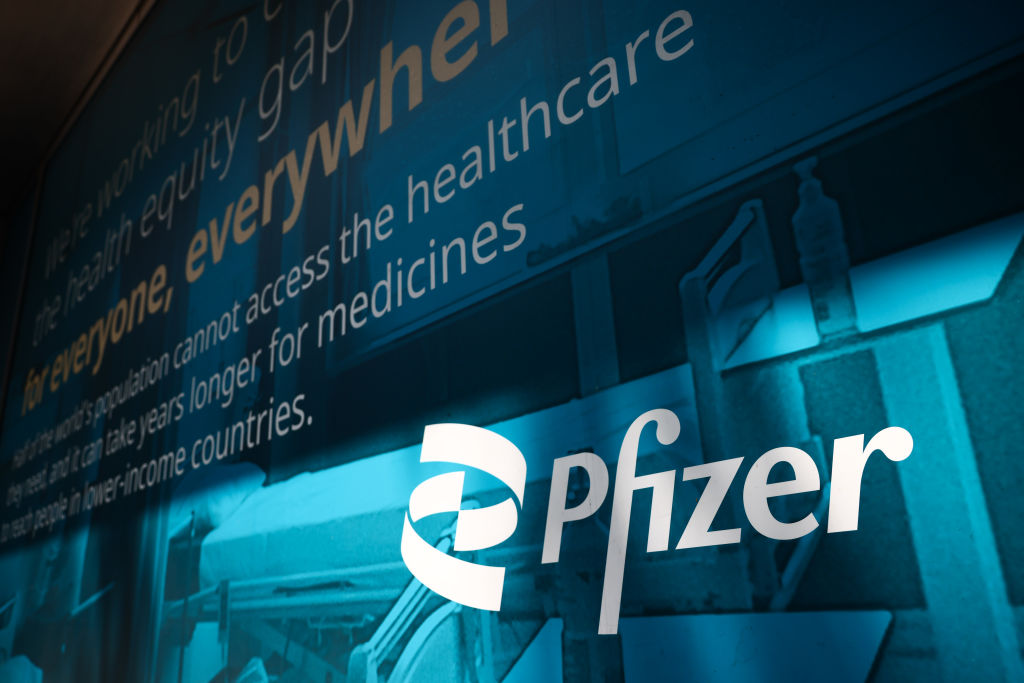 Why Pfizer Stock Is Lower After a Beat-and-Raise Quarter
Why Pfizer Stock Is Lower After a Beat-and-Raise QuarterPfizer stock is down Tuesday even after the drugmaker reported higher-than-expected Q3 earnings and raised its full-year outlook.
